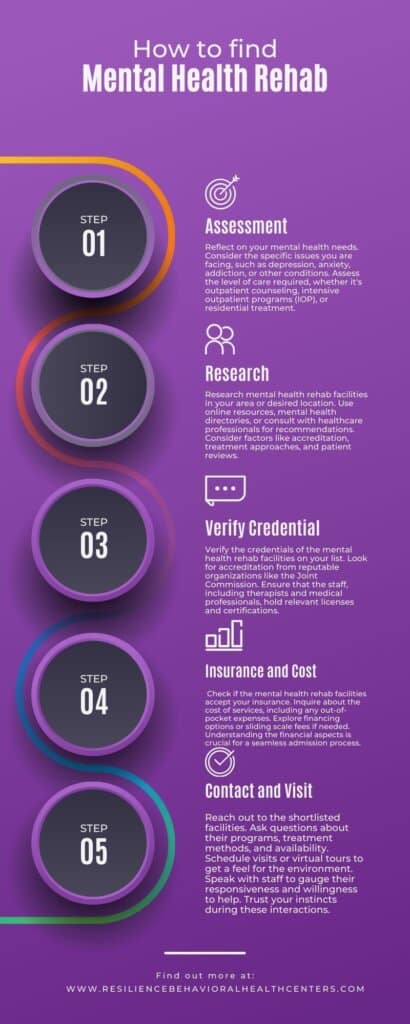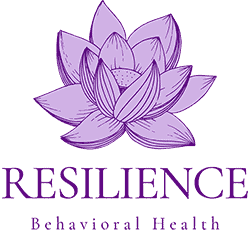Understanding Dual Diagnosis: Mental Health and Substance Abuse Treatment
In life’s journey, sometimes, we find ourselves at a crossroads—facing not just one challenge but two. Mental Health Rehab Massachusetts unravels the complexities of dual diagnosis, where mental health and substance abuse intersect.
In today’s article, we’re exploring how to deal with both simultaneously and find a path to healing.
The Crossroads of Dual Diagnosis: What is it?
Imagine dealing with mental health struggles while also facing the challenges of substance abuse. That’s a dual diagnosis. Understanding this intersection is the first step toward finding practical solutions.
Often, mental health issues and substance abuse go hand in hand. People might use substances to cope with the pain of mental health challenges, but this can create a cycle that’s tough to break.
Impacts on Mental Health
In 2021, Massachusetts reported 36.8 per 100,000 deaths due to drug overdose. Here are some more impacts of dual diagnosis disorder on mental health.
Compromised Decision-Making
From strained relationships to employment or education challenges, compromised decision-making can affect an individual’s personal and professional life.
Social Isolation
The stigma surrounding mental health and substance abuse can lead to feelings of alienation. Loneliness inadvertently worsens the effects of both mental health struggles and substance use.
Affects Physical Health
The effects of dual diagnosis extend beyond the mind, taking a toll on physical health. Substance abuse can lead to a range of health issues, from cardiovascular problems to liver damage.

How Treatment Works?
Just as a building needs a strong foundation, your recovery journey needs support.
Therapies like counseling, group sessions, and sometimes medication form the pillars of this foundation. These tools help you navigate both the mental health and substance abuse aspects, providing strength and stability.
Self-care is like the compass guiding you through the dual diagnosis terrain. This might include exercise, mindfulness, or simply taking time for activities you enjoy.
Moreover, building a support system to escalate your journey to recovery. Friends, family, and support groups become your fellow travelers, offering understanding, encouragement, and sometimes just a listening ear.
Final Words
To date, several people have recovered from dual-diagnosis disorders by seeking treatment at the right time. Remember, you are not alone in this journey toward mental health rehab; we at Resilience Behavioral Health, Massachusetts, encourage you to take a step today.


